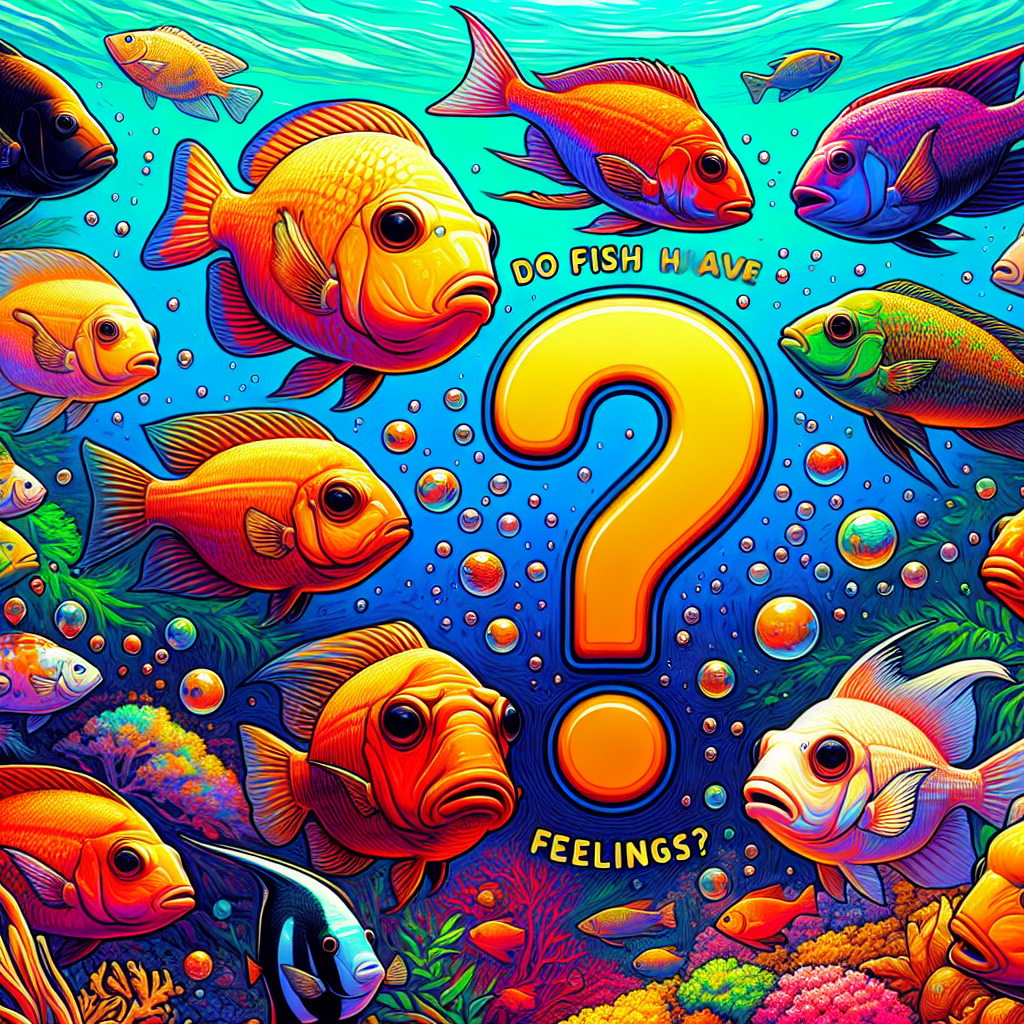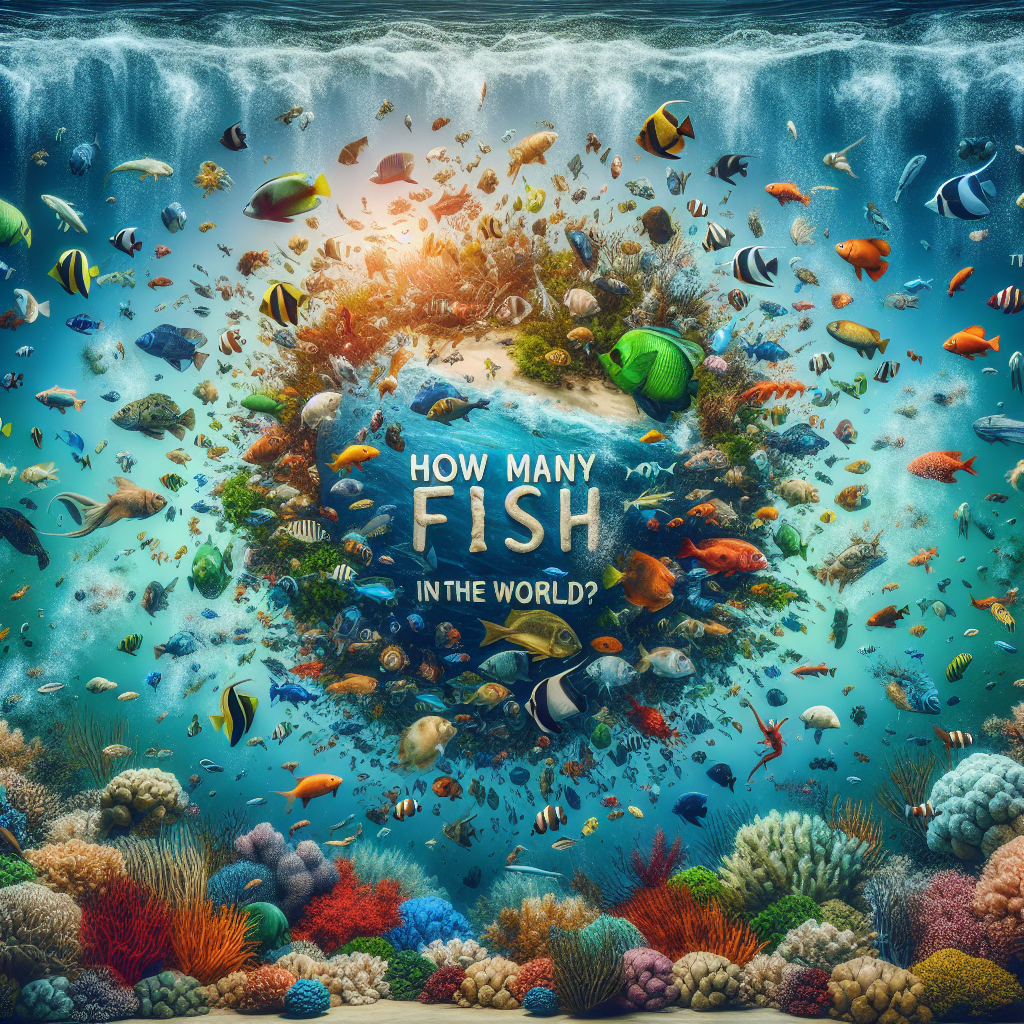Do Fish Have Feelings? Exploring the Emotional Lives of Fish
For centuries, the prevailing view among many people has been that fish are simple creatures, guided purely by instinct in their underwater habitats. However, recent scientific research challenges this notion and opens the door to understanding fish as complex beings capable of experiencing emotions. This topic has garnered significant attention, leading to questions about the ethical considerations of how we treat these aquatic animals.
Understanding Fish Cognition
Research spanning several decades has revealed that fish are capable of a range of behaviors and mental processes that suggest a higher level of cognition than previously thought. Studies have shown that fish can recognize individuals, remember past experiences, and even engage in complex social interactions similar to those seen in more traditional "higher" animals.
For instance, studies involving the African cichlid fish have demonstrated their ability to form social bonds and exhibit behaviors indicating jealousy and altruism. When a male fish observes another male receiving attention from a female, the observing male may display aggressive behaviors, suggesting a form of emotional response.
Evidence of Emotions
While it has been debated whether emotions in fish can be directly compared to those of mammals, evidence suggests that fish do experience something akin to feelings. Neuroscientific studies have identified certain brain structures in fish that are associated with processing emotions.
Researchers have found that fish have stress responses similar to those in mammals, which can serve as indicators of emotional states. For example, when subjected to stressful environments (such as overcrowding or poor water conditions), fish show changes in behavior, such as increased aggression or withdrawal, indicating a response to their emotional well-being.
Furthermore, experiments affirming that fish can feel discomfort and pain have led to a growing consensus that they are more sensitive than once assumed. Instances of fish exhibiting a preference for environments that reduce stress, or displaying aversion to harmful stimuli, further support the idea that they possess a level of emotional awareness.
Ethical Considerations
The recognition that fish may have emotional lives prompts critical ethical questions regarding their treatment in various contexts, from recreational fishing to aquaculture and pet ownership.
In the realm of recreational fishing, discussions about catch-and-release practices, the effects of stress and injury on fish, and the potential for suffering have become more prominent. Many anglers now advocate for more humane practices guided by the understanding that fish, like many other animals, might experience pain and stress.
Similarly, in aquaculture, there is an increasing push for improved living conditions that consider the emotional and psychological well-being of fish. Just as with farm animals, providing enriching environments that allow for social interaction and a degree of autonomy can lead to healthier and more resilient fish.
Conclusion
The question of whether fish have feelings is no longer a simple matter. Scientific evidence is increasingly suggestive that fish possess cognitive and emotional capabilities that warrant serious consideration. As our understanding of these aquatic creatures deepens, it becomes crucial to align our practices—whether in the wild, in aquaculture, or as pets—with the growing knowledge of their emotional lives.
As we continue to study fish more closely, we may uncover even more about their feelings, behaviors, and social structures, ultimately leading to a more compassionate approach to how we view and interact with these fascinating creatures of the deep.





